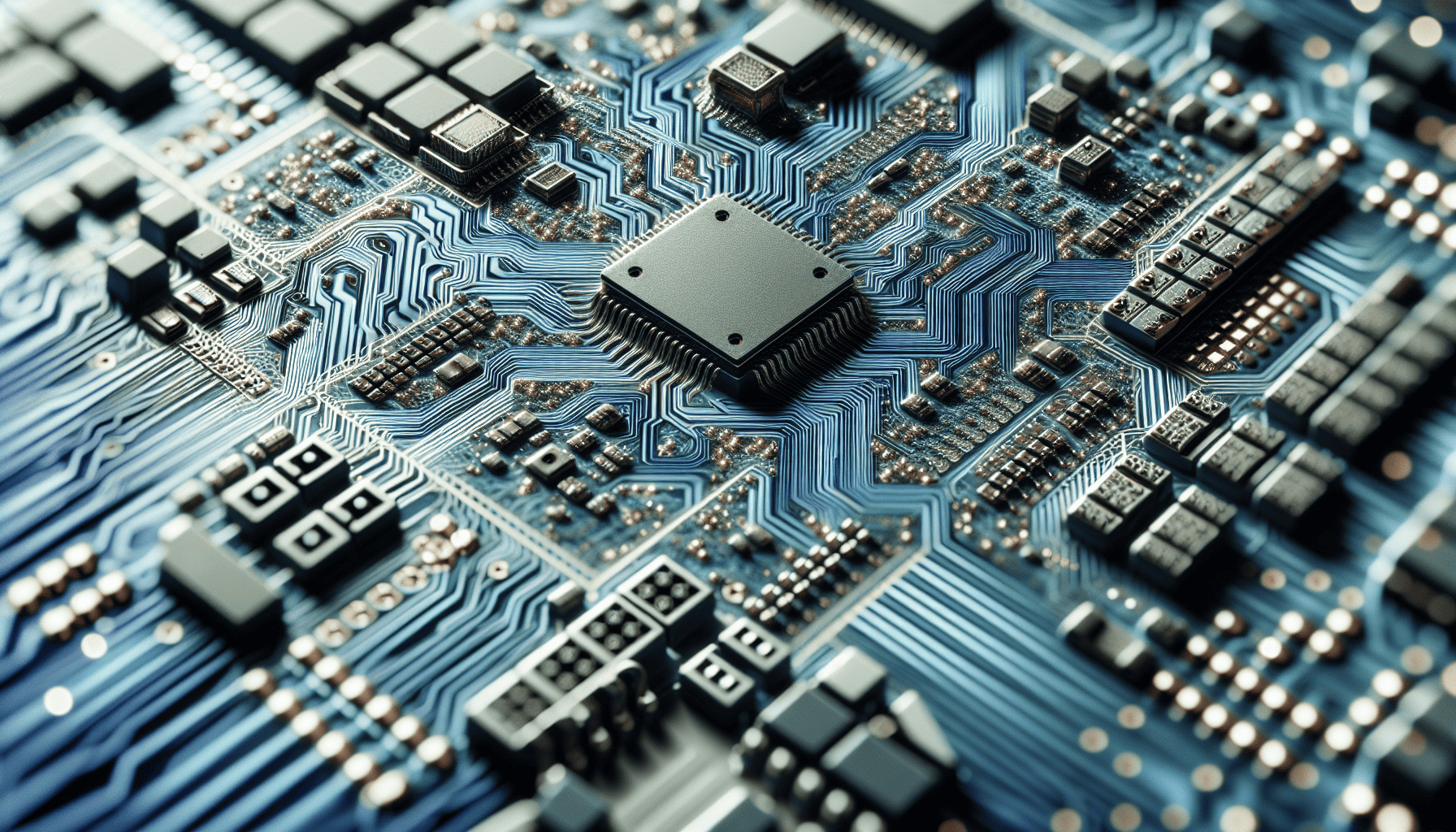The world of electronics is on the cusp of a revolution thanks to the transformative potential of nanotechnology. This cutting-edge field, which involves manipulating materials at the atomic and molecular levels, is set to redefine how electronic devices are designed and fabricated. By enabling the development of smaller, faster, and more efficient gadgets, nanotechnology is poised to become the next big thing in electronics.
One of the most exciting aspects of nanotechnology is its ability to shrink electronic components to unprecedented scales. Traditional semiconductor technology has followed Moore’s Law for decades, doubling the number of transistors on a chip approximately every two years. However, as we approach the physical limits of this trend, nanotechnology offers a pathway to continue this miniaturization. At the nanoscale, materials exhibit unique properties that can be harnessed to create ultra-small transistors, diodes, and other essential components needed for modern electronics.
Nanotechnology not only makes electronics smaller but also significantly boosts their performance. Carbon nanotubes and graphene, for instance, are two nanomaterials that have shown exceptional electrical conductivity and mechanical strength. These materials can be used to develop faster and more powerful processors that consume less energy, which is crucial for everything from smartphones to supercomputers. Imagine a future where your mobile device is as powerful as today's top-tier desktop computer, yet smaller than your pocket change.
Energy efficiency is another critical benefit that nanotechnology brings to the table. Modern electronic devices, from laptops to data centers, consume vast amounts of power. Nanomaterials and nanoscale engineering enable the creation of more efficient components, such as low-resistance interconnects and energy-efficient transistors. This not only extends battery life for portable gadgets but also reduces the energy footprint of large-scale data centers, contributing to more sustainable technology practices.
While the advantages of nanotechnology in electronics are clear, the journey to wide-scale adoption is replete with challenges. Manufacturing at the nanoscale requires precision and control that current technologies are just beginning to master. Researchers are continually developing new fabrication techniques to ensure that nanomaterials can be integrated reliably into electronic devices. Regulatory standards and safety protocols also need to evolve to address the unique risks associated with nanoscale materials.
Nevertheless, the investment in overcoming these hurdles is well worth it. The potential applications of nanotechnology extend well beyond consumer electronics. In healthcare, nano-electronic devices could lead to groundbreaking advancements in diagnostics and treatment. The defense industry could benefit from more compact and powerful electronic systems for surveillance and communication. Even in everyday life, the integration of nanotechnology could lead to smarter cities with efficient infrastructure and enhanced connectivity.
Now is the perfect time to delve into the fascinating world of nanotechnology and its application in electronics. By understanding the principles and potential of this field, you stand to gain valuable insights into the future of technological innovation. Whether you're a professional in the tech industry, a student, or simply an enthusiast, the knowledge acquired could be pivotal in navigating the next wave of technological advancements.
To stay ahead of the curve and gain a deeper understanding of how nanotechnology is shaping the future, register now for our upcoming seminar. Discover how the smallest components can create the biggest changes and prepare yourself for a future where boundaries are continually being pushed. Embrace the next big thing in electronics, and be part of a revolution that promises to transform our everyday lives.
